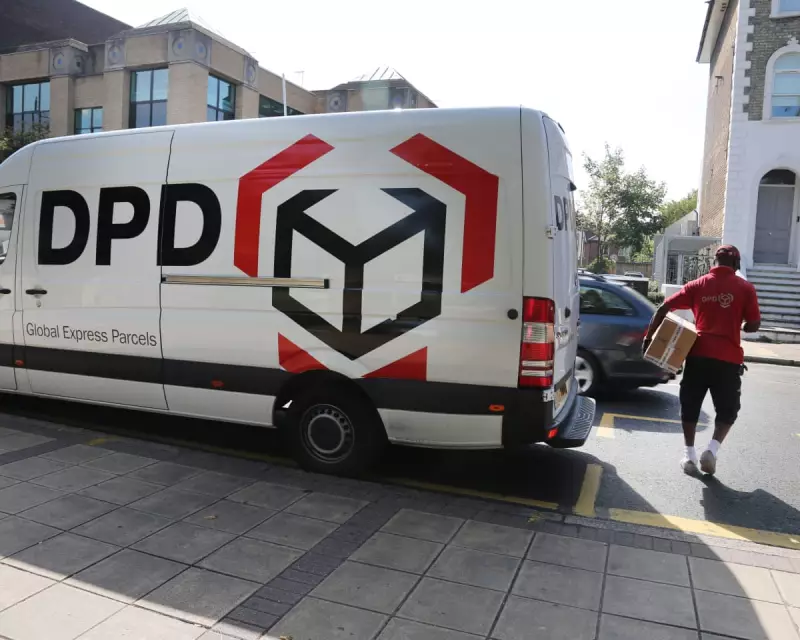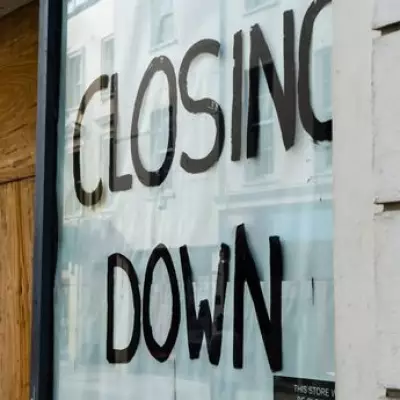
Major delivery firm DPD is facing serious allegations of orchestrating retaliatory dismissals against drivers who publicly criticised recent pay reductions. The controversy has ignited fresh debates about worker protections within Britain's growing gig economy.
Drivers Speak Out Against Pay Reductions
Multiple DPD drivers have come forward claiming they were terminated shortly after voicing concerns about substantial cuts to their earnings. The pay restructuring, implemented earlier this year, reportedly reduced some drivers' income by hundreds of pounds monthly, creating significant financial hardship for affected workers.
One former driver described the situation as "economic punishment," stating: "We raised legitimate concerns about being able to pay our bills, and within weeks we were looking for new jobs."
Pattern of Retaliation Emerges
Evidence suggests a concerning pattern where drivers who participated in group discussions about the pay changes or expressed their views on social media platforms were systematically targeted. Several termination notices reportedly referenced "bringing the company into disrepute" as justification for dismissal.
Employment experts have raised alarms about the legality of these actions, noting that workers have certain protections when collectively discussing terms and conditions, even within the gig economy framework.
Union Intervention and Legal Challenges
The GMB union has taken up the drivers' cause, describing the alleged sackings as "a clear case of victimisation." Union representatives are supporting multiple legal challenges against DPD, arguing the company has violated fundamental employment rights.
"When workers stand together to protest unfair treatment, they should be protected, not punished," a GMB spokesperson stated. "DPD's actions send a chilling message to other workers in the sector."
Company Response and Industry Implications
DPD has defended its actions, claiming the dismissals were related to "breaches of contract" rather than pay protest activities. However, the timing of the terminations and the company's selective enforcement of contract terms have drawn scrutiny from employment law specialists.
This case highlights ongoing tensions in the delivery sector, where companies increasingly rely on self-employed contractors while exercising significant control over their working conditions and compensation.
The outcome of the legal proceedings could set important precedents for worker rights across the UK's rapidly expanding delivery and gig economy sectors.






